Hero of the People's Armed Forces Le Thi Thu Hanh |
The little liaison girl lived in the midst of bullets and bullets
Hue in the 1950s, war crept into every alley, every mossy roof; under the shady green trees along the Huong River, sometimes gunshots and bombs echoed from afar...
Ms. Le Thi Thu Hanh was born in 1951, into a family with a revolutionary tradition in Phong Chuong commune, Phong Dien district, Thua Thien Hue (now Phong Chuong commune, Phong Dien town, Hue city).
Her childhood was not filled with carefree days running around in the fields or playing with friends, but with afternoons hiding in bomb shelters and nights curled up listening to the distant roar of cannons.
"I have known about war since I was born. Every day that passed, I often asked my relatives: Will the enemy sweep tonight?", Ms. Le Thi Thu Hanh began the story.
Her parents were revolutionary cadres, working secretly in enemy-occupied areas. In 1954, they gathered in the North, and little Thu Hanh lived with her grandfather.
"I don't have many memories of my parents during my childhood, except for rare letters from the North...", Ms. Hanh pondered.
Phong Chuong Commune, where she lived, was one of the important revolutionary bases. Raids were a daily occurrence. Children in the village grew up not on fairy tales, but on stories about how to avoid military service, how to identify and inform.
Like many other children, at dusk, her relatives urged Thu Hanh to run down to the cellar and huddle to avoid bullets. “Once, American soldiers suddenly raided the village and searched every house. My grandfather hid me in a large jar and closed the lid. My heart was pounding. I could clearly hear the sound of the gun butt hitting the table and chairs and shouting,” Mrs. Hanh recalled.
During the fierce war years, from a young age, her grandfather taught her how to observe, how to listen, and how to keep secrets. At the age of 13, she began to receive her first tasks: working as a liaison, delivering news between revolutionary bases.
Ms. Le Thi Thu Hanh in 1975. Photo: NVCC |
The job seemed simple, but was extremely dangerous. She disguised herself as a street vendor, wearing a conical hat, covering her face, holding in her hands a few cakes or bunches of vegetables along with small, rolled up pieces of paper hidden inside.
Once, on her way to deliver a message, she was stopped by an American soldier. A tall soldier bent down, stared at her and asked: Where are you going in such a hurry? - "Yes, I'm going to sell vegetables for my mother!". The soldier sneered, raised his hand and lifted the conical hat on her head as if searching for something.
Ms. Hanh said: “At that time, I could only pray to God. If he found the pieces of paper hidden under the bunch of vegetables, she would definitely have no chance of survival.”
During her liaison mission, the 13-year-old girl witnessed many painful scenes. She once saw American soldiers execute a civilian because they suspected him of being a revolutionary base.
Standing from a distance, Thu Hanh saw the old man kneeling, eyes closed, mouth moving as if praying. When the gunshot rang out, she turned away, but in her heart she swore that if it were her, she would never submit…
Stand with the wounded
It was the memories of a childhood full of loss that forged in Ms. Le Thi Thu Hanh a spirit of steel.
"I used to think that if I didn't hold a gun, I had to do something to contribute to this war," Ms. Hanh confided.
Ms. Hanh still remembers clearly the day she was assigned a new mission: to become a battlefield nurse, belonging to the 82nd Treatment Team stationed along the Ta Luong Pass on the way to A Luoi district. At that time, she was only 17 years old. A small girl with bright eyes and clumsy hands, she never thought that one day she would hold a scalpel and bandage bleeding wounds on the battlefield. Before that, at the age of 15, Ms. Le Thi Thu Hanh participated in the youth volunteer movement with the task of carrying ammunition...
“I did not have a formal medical education, only basic instructions on how to stop bleeding and bandage wounds. But when I saw my teammates in pain, I understood that I needed not only a pair of hands, but also a strong heart to overcome fear,” Ms. Hanh shared.
The “field hospital” where she worked was located deep in the forest in the war zone. It was not a real hospital, but just temporary huts made of bamboo and palm leaves. To ensure safety, she and other nurses had to dig deep underground bunkers to avoid enemy planes. During heavy rains, water flooded into the bunkers…
Ms. Hanh's main duties were to bandage wounds, provide medicine, and care for wounded soldiers. However, many times, she had to rush into emergency surgeries when doctors lacked support.
Letters from comrades sent to Ms. Hanh to express gratitude, exchange thoughts and ambitions during the war years. Photo: NVCC |
Ms. Hanh still remembers that on a rainy night in 1969, a soldier was hit by artillery, shrapnel was deeply embedded in his abdomen, and blood was flowing non-stop. The doctor called her to assist in the surgery. At first, her hands were shaking, but when she heard him groan in pain, she knew she could not be afraid. "I held the wound tightly, wiped the doctor's sweat, and worked for 3 hours," Ms. Hanh said.
The surgery was successful, but the wounded soldier still had a high fever. For the next week, she hardly slept, always staying by his side, feeding him spoonfuls of water and mouthfuls of porridge.
"The day he woke up, I cried tears of joy. He held my hand and said: I must be alive thanks to you. I smiled, but my heart still ached, because I knew he would never be able to go to the battlefield again," said Ms. Hanh.
War is not only about bombs and bullets, but also about fighting hunger, disease, and all kinds of deprivation. Severely wounded soldiers, without medicine, will only have to wait for death. There are days when doctors have to amputate wounded soldiers’ limbs without anesthesia, and patients can only grit their teeth and endure, blood staining the ground.
"I once witnessed a soldier whose leg was gangrenous and had to be amputated without any painkillers. He bit his mouth and did not groan. At that moment, I felt like I was suffocating, holding his hand and trying to hold back my tears," Ms. Hanh confided.
During the war years, death became all too familiar. Many times, Mrs. Hanh had just bandaged a wounded soldier in the morning, and by the afternoon, he was on the list of martyrs. And, many times, she asked herself: Will I still live to see the day the country is at peace? But then, when she looked at the people fighting to their last breath, she understood that she was not allowed to fall.
People's Armed Forces Hero Le Thi Thu Hanh takes a souvenir photo with Phu Xuan District leaders on the occasion of the 50th anniversary of Hue Liberation Day. |
The moment of Hue liberation and tears of happiness
In the last days of March 1975, the atmosphere of war covered the whole Central region. News of resounding victories in the Central Highlands and Quang Tri raised hopes that the day of peace was very near. In Hue, fierce battles took place on all fronts, from the suburbs to the inner city.
At that time, Ms. Le Thi Thu Hanh was still on duty at the field hospital deep in the forest on Route 74. Every day, she and her teammates treated dozens of wounded soldiers. The entire infirmary was packed with wounded people sent from the battlefield. Many cases were too serious to be saved, all she could do was hold their hands tightly, listening to their last words amidst the rumbling sound of bombs.
"In those days, I no longer knew the concept of fatigue or hunger. The whole team of nurses worked tirelessly, changing bandages, giving injections, and encouraging the wounded. I remember a young soldier who was seriously injured and lost almost all his blood. Before leaving, he tried to hold my hand and whispered: Is Hue about to be liberated? I was speechless, I could only squeeze his hand tightly, then turned away to wipe away my tears," Ms. Hanh confided.
At dawn on March 26, 1975, news rang out from the command headquarters: Hue had been completely liberated. The news of victory spread like a gust of wind, fanning the flames of hope in the hearts of all those still fighting and the wounded soldiers lying in the infirmary.
"At that time, I was changing the bandage for a soldier when I heard cheers from afar. Someone ran into the bunker, shouting: Hue is liberated! I stopped, my hands were shaking, the bandage scissors fell to the ground. I couldn't believe my ears, but I knew that it was not a dream. And today, 50 years later, every March 26th, I remember my comrades who fell for the peace of the Fatherland," said Ms. Hanh.
On January 15, 1976, Ms. Le Thi Thu Hanh was awarded the title of Hero of the People's Armed Forces by the President of the Democratic Republic of Vietnam. When she was awarded the title of Hero, she was a sergeant, nurse of the 82nd Treatment Team of the Logistics Department of the Tri-Thien Military Region, a member of the Communist Party of Vietnam. During her career, Ms. Le Thi Thu Hanh was awarded 2 Third Class Liberation Feat Medals, was elected Emulation Fighter twice, was elected Victory Brave Soldier twice and received many certificates of merit. Currently, she is living in Tay Loc Ward, Phu Xuan District, Hue City. |
Le Tho
Source: https://huengaynay.vn/chinh-tri-xa-hoi/theo-dong-thoi-su/nu-y-ta-thoi-chien-cau-chuyen-sat-canh-cung-thuong-binh-152019.html


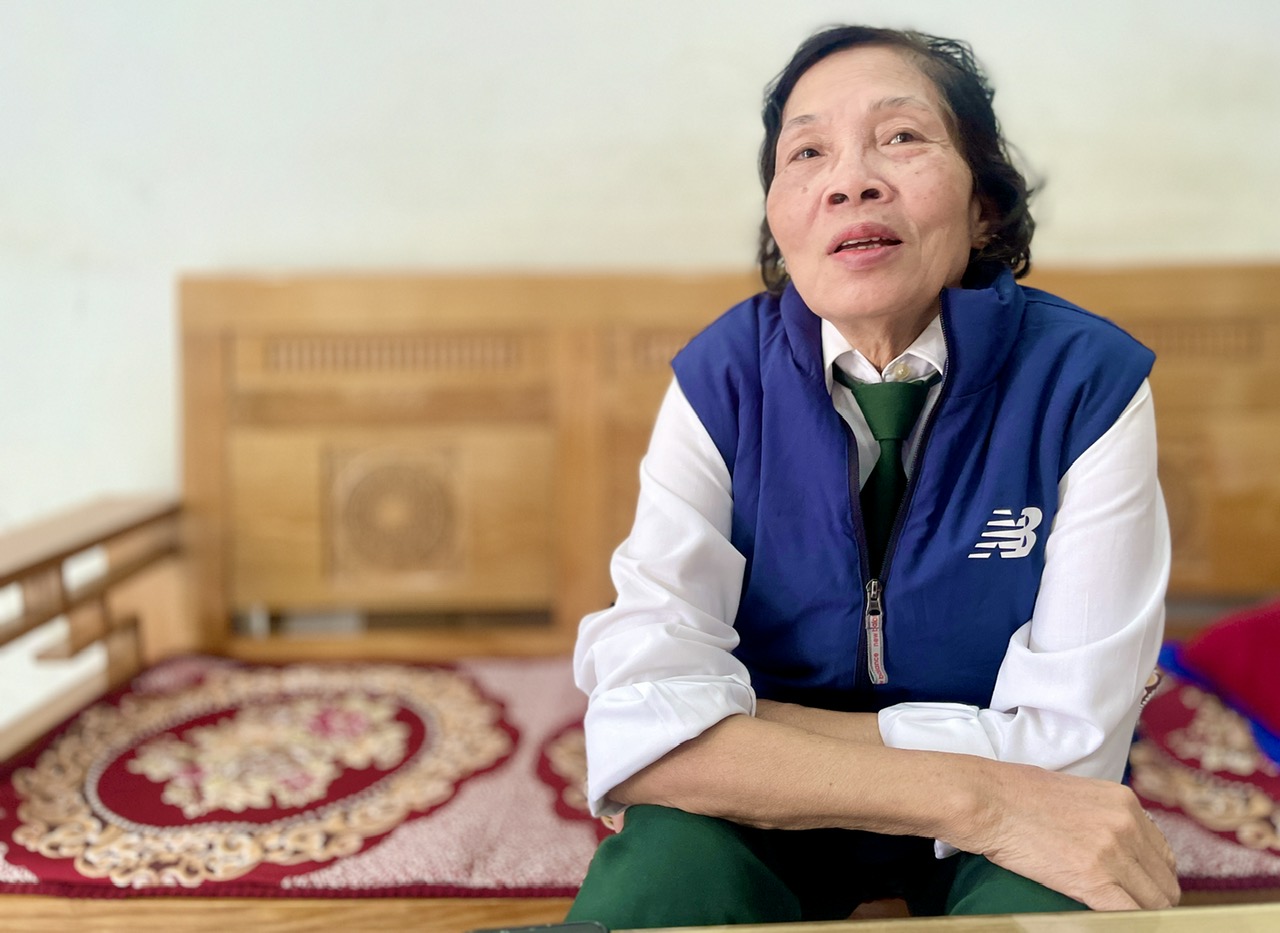
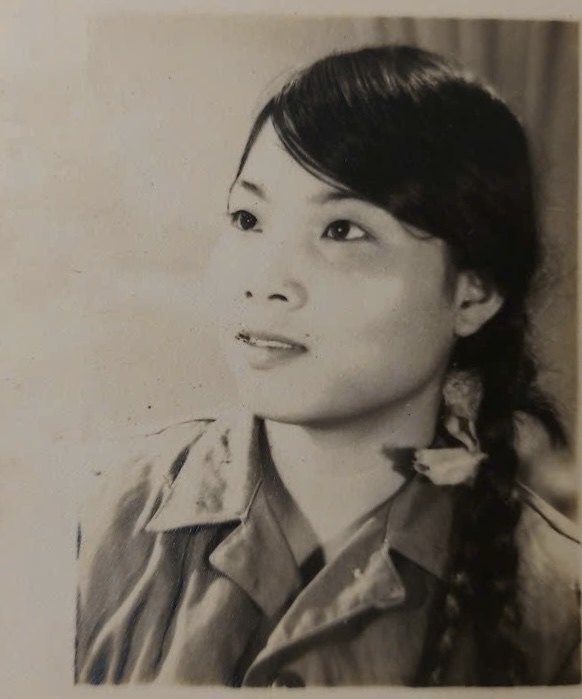
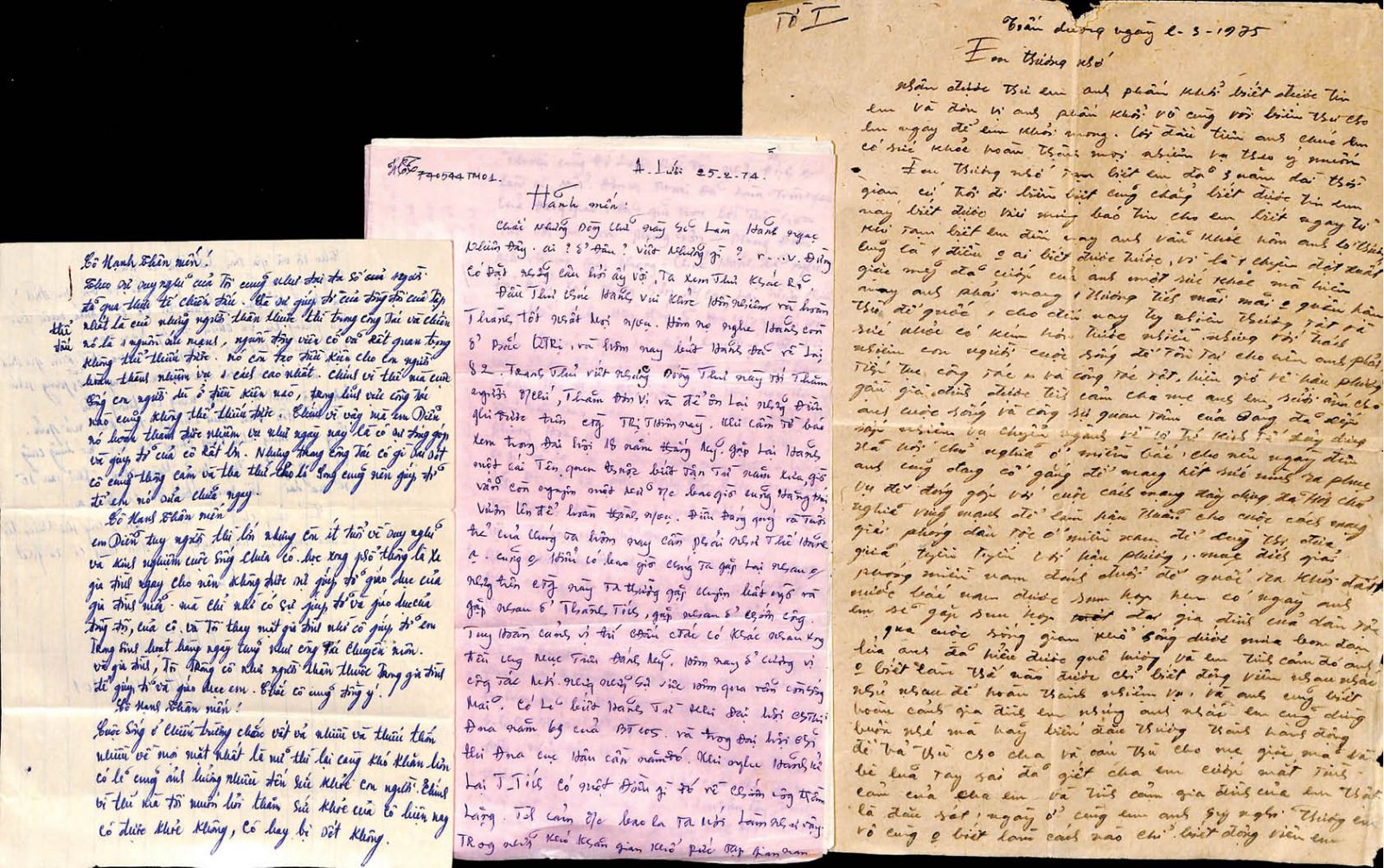
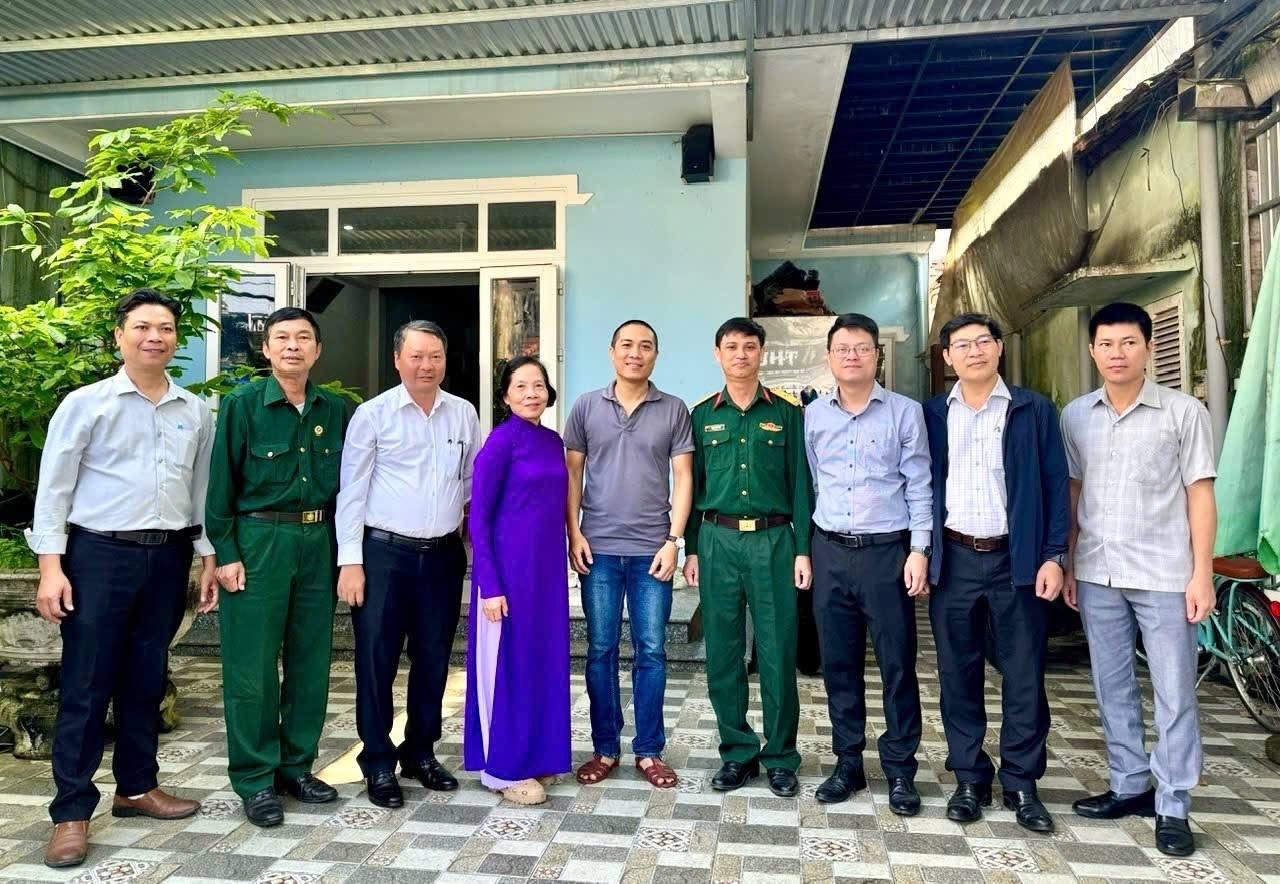

![[Photo] General Secretary To Lam concludes visit to Russia, departs for Belarus](https://vphoto.vietnam.vn/thumb/1200x675/vietnam/resource/IMAGE/2025/5/11/0acf1081a95e4b1d9886c67fdafd95ed)

![[Photo] General Secretary To Lam arrives in Minsk, begins state visit to Belarus](https://vphoto.vietnam.vn/thumb/1200x675/vietnam/resource/IMAGE/2025/5/11/76602f587468437f8b5b7104495f444d)

![[Photo] General Secretary To Lam meets and expresses gratitude to Vietnam's Belarusian friends](https://vphoto.vietnam.vn/thumb/1200x675/vietnam/resource/IMAGE/2025/5/11/c515ee2054c54a87aa8a7cb520f2fa6e)


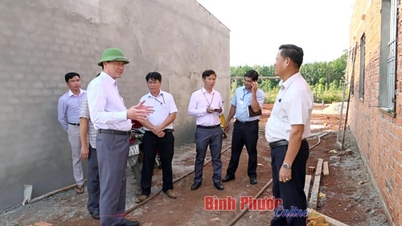
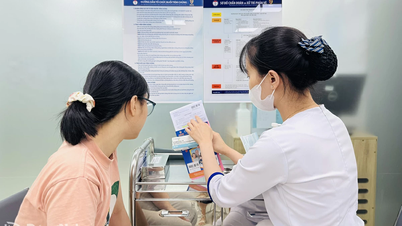

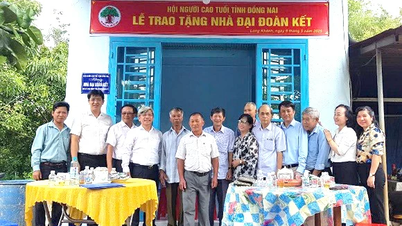





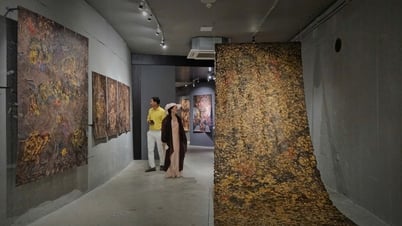
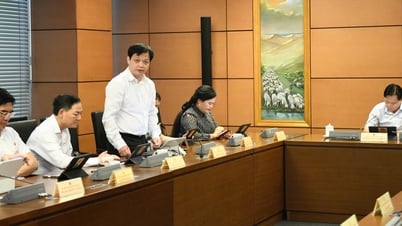
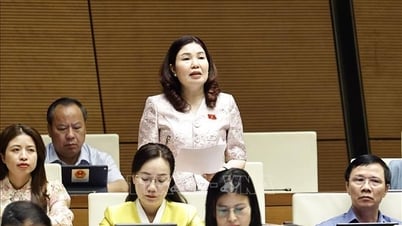
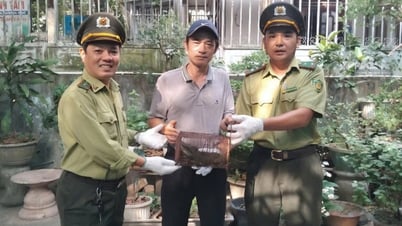
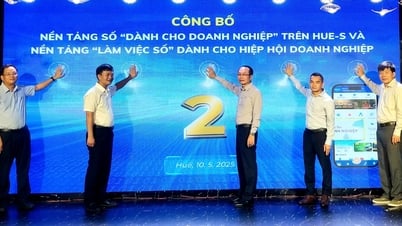
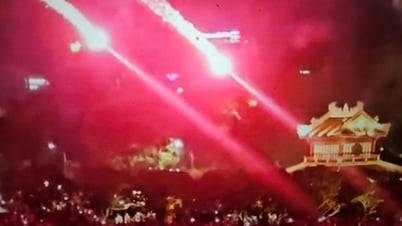
![[Photo] National Assembly Chairman Tran Thanh Man attends the Party Congress of the Committee for Culture and Social Affairs](https://vphoto.vietnam.vn/thumb/1200x675/vietnam/resource/IMAGE/2025/5/11/f5ed02beb9404bca998a08b34ef255a6)














































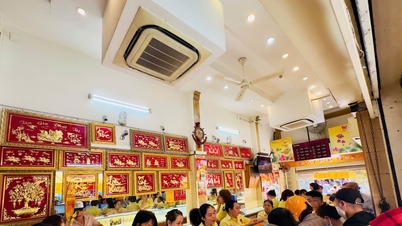

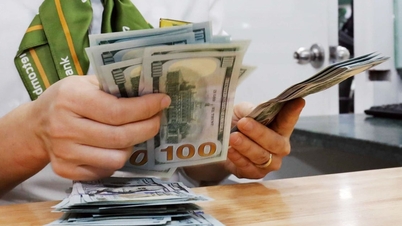

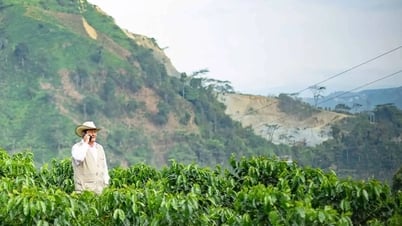
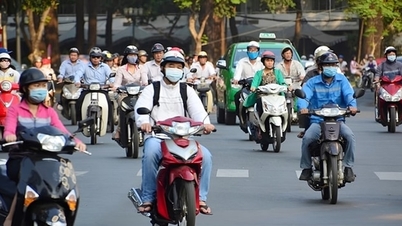











Comment (0)